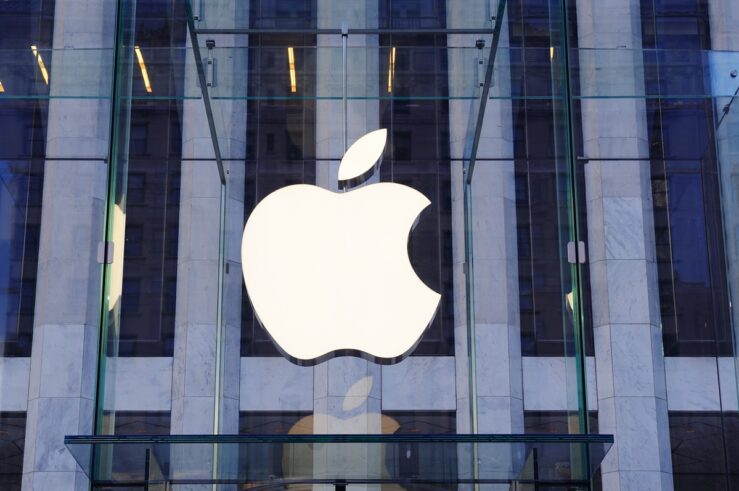Apple has filed its response to the DOJ Complaint in the e-books case. Here is the first paragraph of the Answer:
The Government’s Complaint against Apple is fundamentally flawed as a matter of fact and law. Apple has not “conspired” with anyone, was not aware of any alleged “conspiracy” by others, and never “fixed prices.” Apple individually negotiated bilateral agreements with book publishers that allowed it to enter and compete in a new market segment – eBooks. The iBookstore offered its customers a new outstanding, innovative eBook reading experience, an expansion of categories and titles of eBooks, and competitive prices.
And the last paragraph of the Answer’s introduction:
The Supreme Court has made clear that the antitrust laws are not a vehicle for Government intervention in the economy to impose its view of the “best” competitive outcome, or the “optimal” means of competition, but rather to address anticompetitive conduct. Apple’s entry into eBook distribution is classic procompetitive conduct, and for Apple to be subject to hindsight legal attack for a business strategy well-recognized as perfectly proper sends the wrong message to the market, and will discourage competitive entry and innovation and harm consumers.
A theme that runs throughout the Answer is that the “pre-Apple” world of e-books was characterized by little or no competition and that the agency agreements were necessary for its entry, which in turn has resulted in a dramatic increase in output. The Answer is available here. While commentary has focused primarily upon the important question of the competitive effects of the move to the agency model, including Geoff’s post here, my hunch is that if the case is litigated its legacy will be as an “agreement” case rather than what it contributes to rule of reason analysis. In other words, if Apple gets to the rule of reason, the DOJ (like most plaintiffs in rule of reason cases) are likely to lose — especially in light of at least preliminary evidence of dramatic increases in output. The critical question — I suspect — will be about proof of an actual naked price fixing agreement among publishers and Apple, and as a legal matter, what evidence is sufficient to establish that agreement for the purposes of Section 1 of the Sherman Act. The Complaint sets forth the evidence the DOJ purports to have on this score. But my hunch — and it is no more than that — is that this portion of the case will prove more important than any battle between economic experts on the relevant competitive effects.




